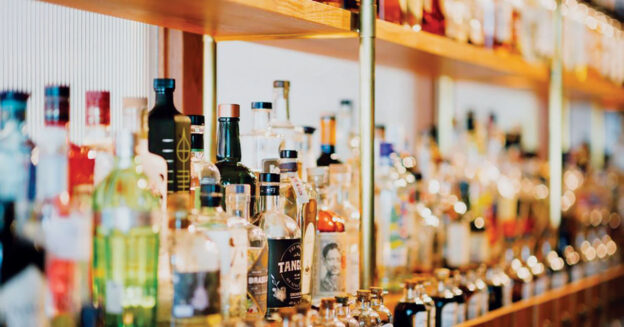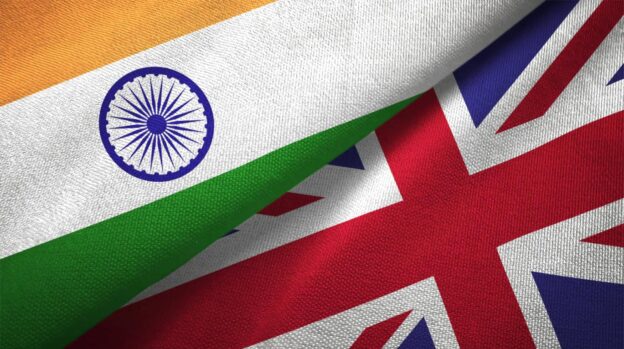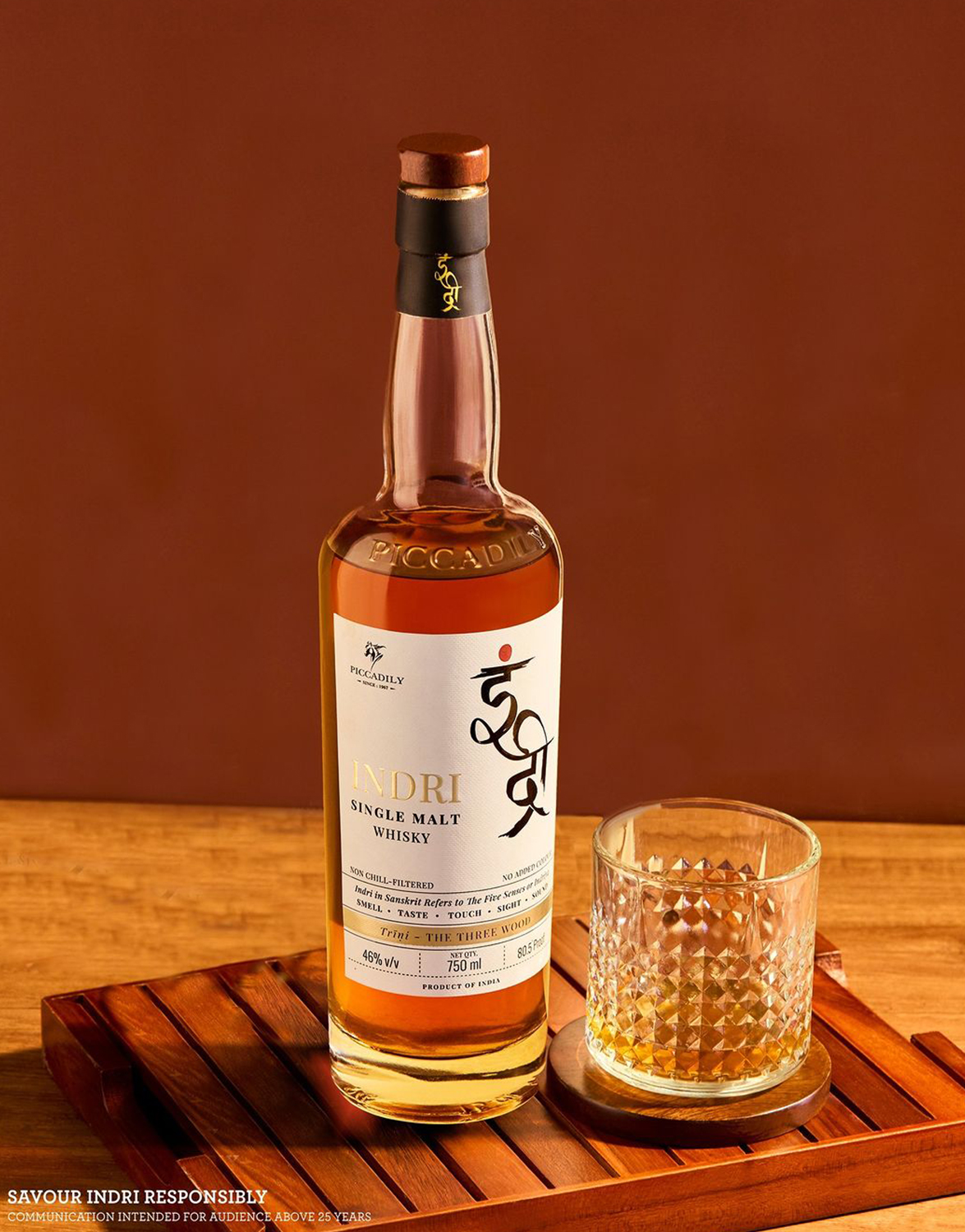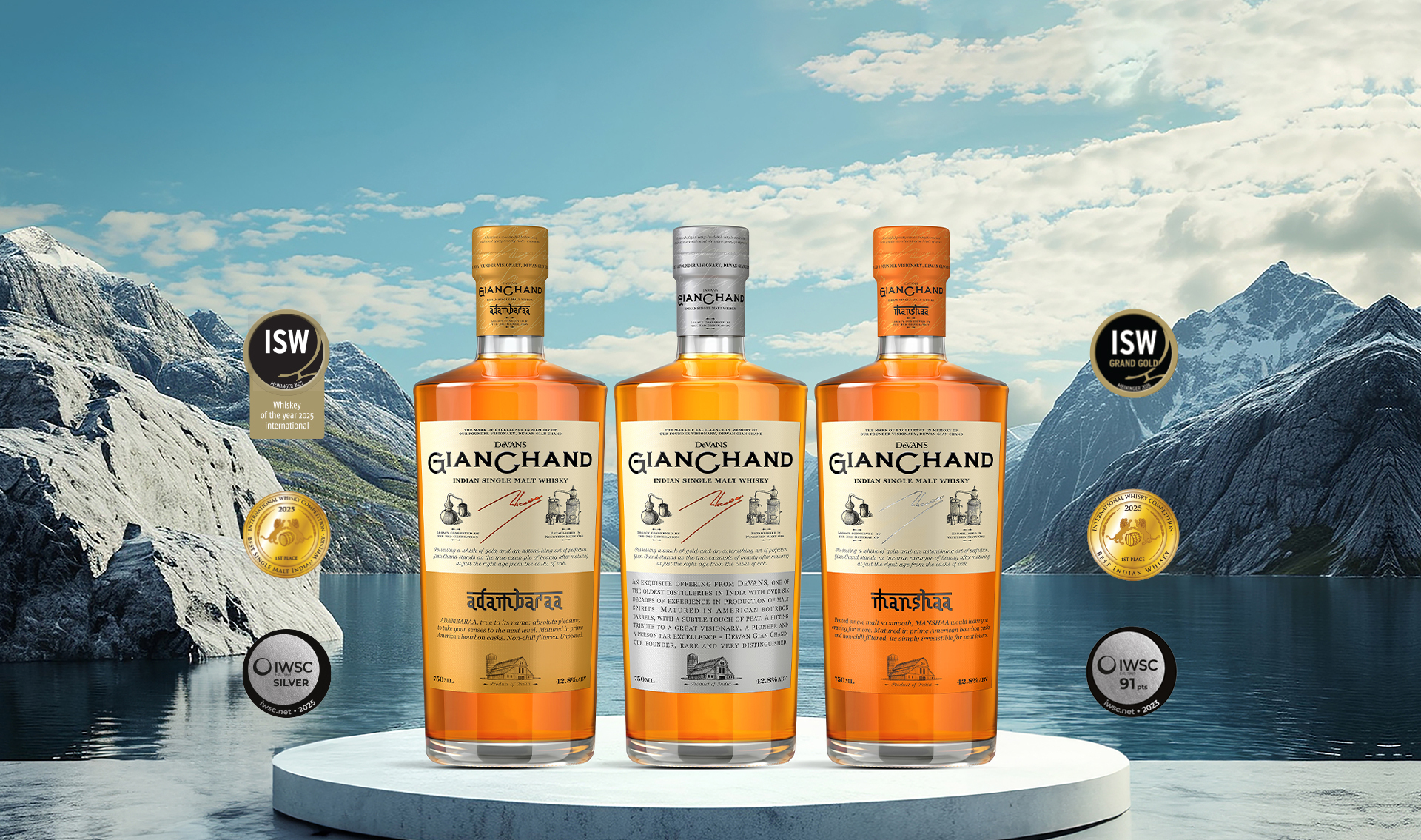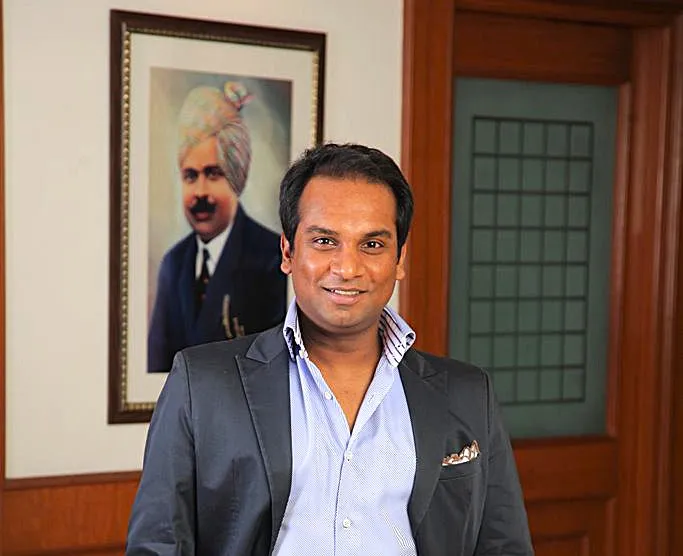High taxes on Scotch whisky, specifically a recent 10.1% duty increase and a subsequent 3.65% increase, are hurting the UK alcobev industry by increasing costs for consumers and businesses, potentially leading to reduced investment and job losses, and ultimately impacting the economy. The industry argues that these tax hikes are counterproductive, leading to decreased government revenue and stifling growth.
The Scotch Whisky Association (SWA) has released global export figures that show the value of Scotch exports stood at £5.4bn in 2024. The equivalent of 1.4bn 70cl bottles of Scotch whisky were exported last year, equating to 44 per second.
The figures, released, show a decrease of 3.7% on 2023 exports by value. The Scotch Whisky Association has called on the UK and Scottish Governments to provide more support for the industry as distillers warn that the combination of pressure on consumer spending, increased domestic tax and regulation, and turbulent global trade, may continue to impact exports into 2025.
Exports by volume have increased by 3.9%, which the industry says reflects the changing trends in global consumer preferences and challenging trading environment.
India has regained its position from France as the world’s number one Scotch whisky export market by volume, with 192m bottles exported, while the United States retains its long-held position as the largest export market by value, worth £971m in 2024.
However, the whisky industry has warned that global trading conditions remain turbulent at the beginning of 2025 and have called on the UK government to do what it can to mitigate growing domestic pressures on the industry. This includes reducing excise duty on the industry, with 70% of the average priced bottle now collected in tax, reconsider the financial impact of Extended Producer Responsibility (EPR), and accelerate trade talks to reduce tariffs and market access barriers in key markets, like India.
Commenting on the export figures, Mark Kent, Chief Executive of the Scotch Whisky Association said, “Despite the resilience of the Scotch Whisky industry, 2024 has been a challenging year.
“At home, distillers are being stretched to breaking point, as consumers bear the brunt of a 14% increase on the tax on every bottle of Scotch Whisky in the last 18 months alone. The cumulative effect of inflationary impacts on input costs such as cereals, energy and shipping, and the increased tax and regulatory costs, including the substantial cost of EPR coming later this year, are being fed through to consumers when they are tightening their belts.
“Overseas, the tectonic plates of trade are shifting, and exports to traditionally strong markets in the EU and North America have become much more challenging. We continue to support UK Government to promote strong and open trade relations with key export markets around the world, and particularly to advance negotiations on FTA with India, and engage with the US Administration. The United States remains a key market for Scotch, and where the industry contributes to the US economy through direct investment and jobs.
“But support for the industry’s global success starts at home. For too long, the industry has been taken for granted, with the misguided and simplistic belief that decisions taken in Scotland and the wider UK won’t impact an industry which exports 90% of its product, supports a large local supply chain and plays a valuable part in attracting tourists to Scotland. The Scotch whisky industry is a proven driver of economic growth, jobs and investment, and needs an environment free from the shackles of excessive taxation, regulation and uncertain operating costs. The UK government must redouble its efforts to back Scotch producers to the hilt, as promised by the Prime Minister.”
These are challenging times for the beverage alcohol industry. Changing weather patterns and wildfires are affecting production of essential ingredients like grapes, barley, and hops. Many consumers are switching to low- and no-alcohol beverages. And now, tariffs.
Research by the Scotch Whisky Association (SWA) indicates that a high tax burden is causing three out of four Scotch whisky companies to either defer or shift investment away from the UK. This reluctance to invest can impact expansions, infrastructure improvements, and innovation within the industry.
Furthermore, a quarter of distillers are considering reducing headcount due to economic pressures and the current alcohol duty levels.
The industry currently supports 66,000 jobs across the UK, and any further tax increases could lead to a decline in employment within the sector and its related supply chain. High domestic taxes can make Scotch whisky more expensive compared to other spirits, both domestically and internationally, potentially impacting its competitive edge.
Tariffs already add pressure, and high domestic taxes further exacerbate this. When a 25% US tariff was imposed on single malts in 2019 (later suspended), the industry lost over £600 million in exports to the US over 18 months. This highlights how external factors, combined with domestic tax burdens, can significantly hinder export performance.
Despite duty increases, HMRC data hasn’t always shown the expected rise in spirits duty receipts. This suggests that excessive taxation can potentially discourage consumption, leading to lower-than-anticipated tax revenues, a point raised by the SWA.
While recent changes to alcohol duty have included a draught relief to support the hospitality industry, the overall duty increases can still impact the price of drinks, including Scotch whisky, in bars and restaurants. This can affect consumer spending in the on-trade sector and subsequently impact the businesses that rely on alcohol sales.
Alcohol taxes are implemented to generate revenue and address public health concerns, excessive or poorly structured taxes can have detrimental consequences for the UK alcobev industry, particularly Scotch whisky, by impacting investment, jobs, exports, and competitiveness.

